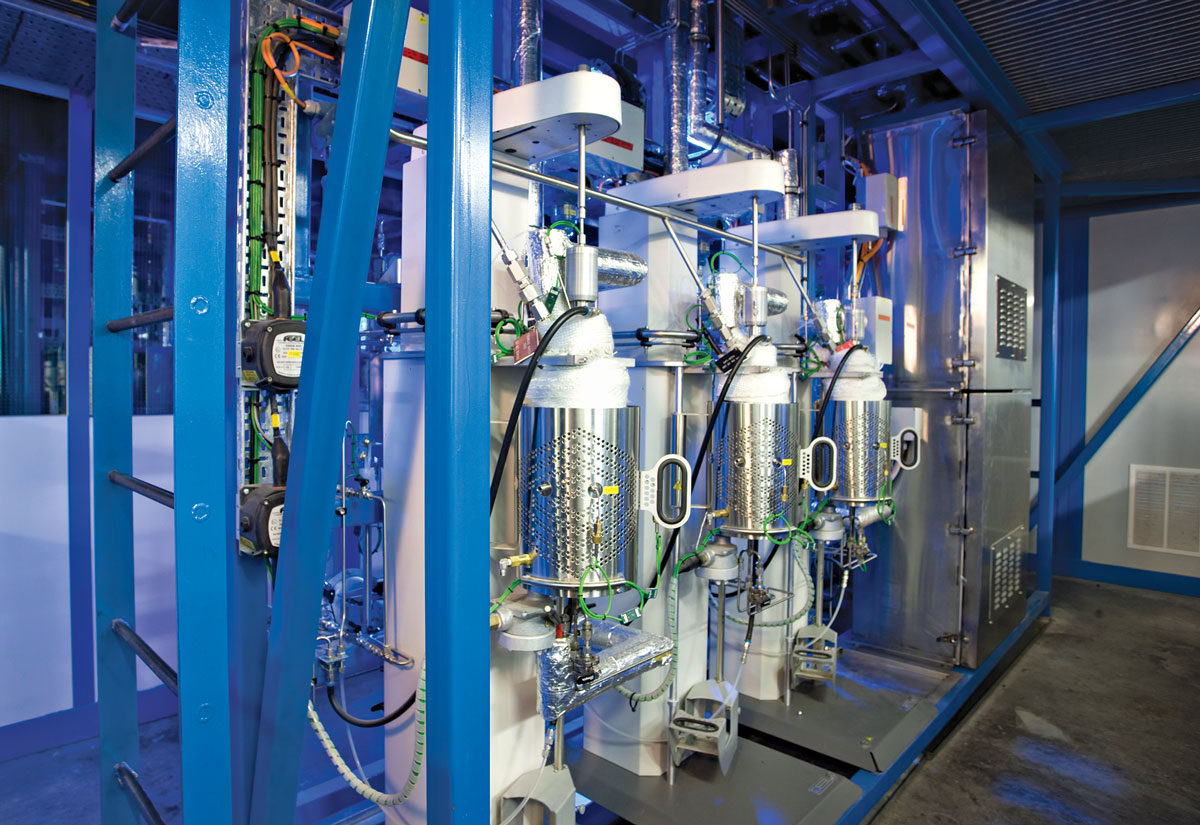In an unprecedented move that signals a shift towards more sustainable living and environmental protection, several countries have announced plans to ban the production of plastic water bottles. This groundbreaking decision aims to tackle the escalating issue of plastic pollution, a menace that has long plagued our planet. In this comprehensive analysis, we delve into the motivations behind the ban, the expected impact, and the challenges and opportunities it presents.
The Impetus for Change
The decision to ban plastic water bottle production stems from a growing awareness of the environmental havoc wreaked by single-use plastics. Every year, millions of tons of plastic waste find their way into oceans, rivers, and landscapes, causing extensive harm to wildlife and ecosystems. Plastic water bottles, in particular, have been identified as a significant contributor to this pollution, owing to their widespread use and disposability.
Governments and environmental agencies worldwide have recognized the urgent need to curb plastic waste. The ban on plastic water bottle production is a bold step in this direction, reflecting a commitment to sustainable practices and the well-being of the planet.
Anticipated Environmental Benefits
The ban is expected to yield considerable environmental benefits. Firstly, it will drastically reduce the volume of plastic waste produced each year. With fewer plastic bottles ending up in landfills and water bodies, the strain on ecosystems and wildlife will decrease significantly.
Moreover, the move is anticipated to spur innovation in the field of sustainable packaging. Alternatives to plastic, such as biodegradable materials and reusable containers, are likely to gain prominence, offering environmentally friendly solutions for water packaging and consumption.
Economic and Industry Impacts
While the ban heralds positive change for the environment, it poses challenges for the beverage industry and economies reliant on plastic production. Manufacturers will need to adapt to new regulations, investing in alternative materials and redesigning products. This transition may incur additional costs and require a reevaluation of production strategies.
However, this shift also opens up opportunities for growth in the green economy. Businesses that pioneer sustainable packaging solutions stand to benefit from increased demand and support from consumers and governments alike.
Global Reactions and Implementations
The announcement of the ban has elicited mixed reactions worldwide. Environmentalists and conservation groups have lauded the initiative, viewing it as a critical step towards combating plastic pollution. Meanwhile, some industry stakeholders have expressed concerns about the feasibility and economic implications of such a drastic measure.
Countries moving forward with the ban are adopting varied approaches to its implementation. Strategies include phased rollouts, exemptions for certain types of plastic bottles, and incentives for companies that adopt eco-friendly practices. These measures aim to ease the transition for industries and consumers alike.
Challenges Ahead
Despite the overwhelming support, the journey towards eliminating plastic water bottle production is fraught with challenges. Ensuring compliance, managing the economic fallout for affected industries, and finding viable alternatives to plastic are among the key hurdles.
Public awareness and behavior change are also critical to the success of this initiative. Encouraging consumers to adopt reusable water bottles and support sustainable products is essential for reducing demand for single-use plastics.
Looking Forward
The move to ban plastic water bottle production marks a pivotal moment in the global fight against plastic pollution. It underscores the necessity of bold, collective action to safeguard our environment for future generations.
As we navigate the complexities of this transition, the focus must remain on innovation, collaboration, and education. By embracing sustainable alternatives and fostering a culture of environmental responsibility, we can overcome the challenges ahead and make a lasting positive impact on our planet.




















+ There are no comments
Add yours